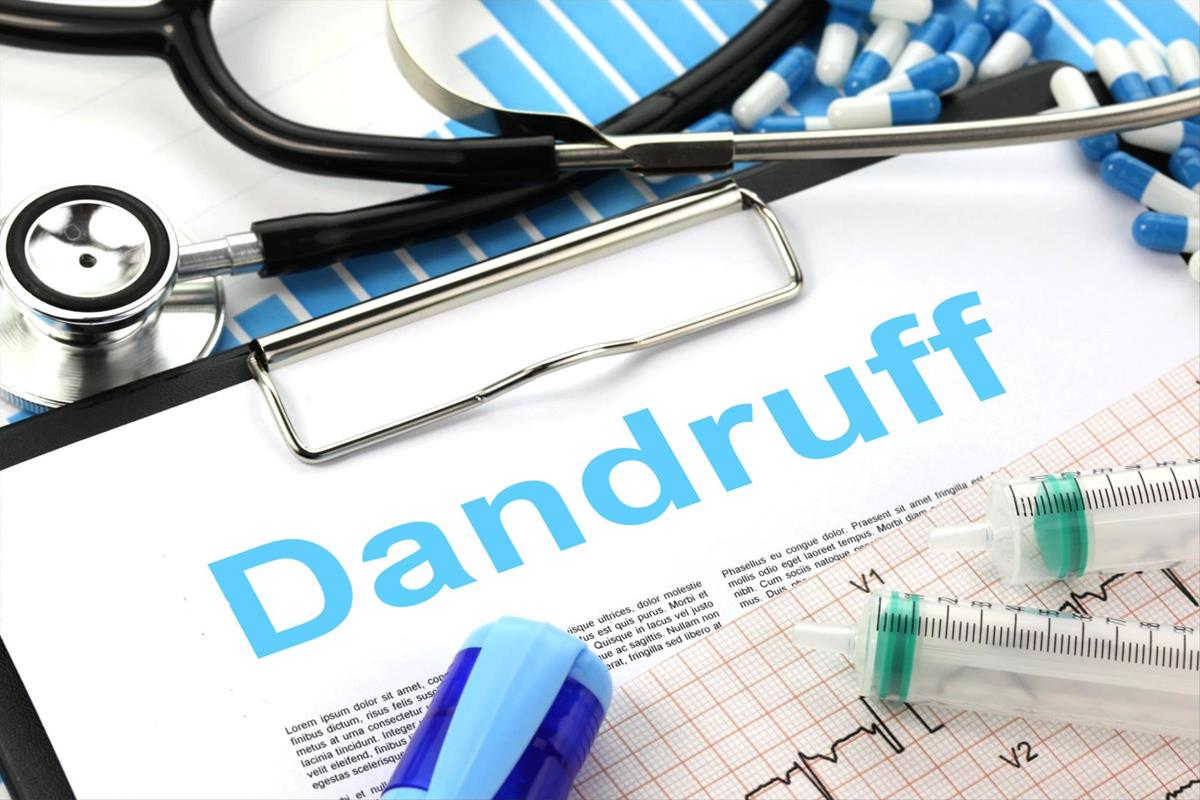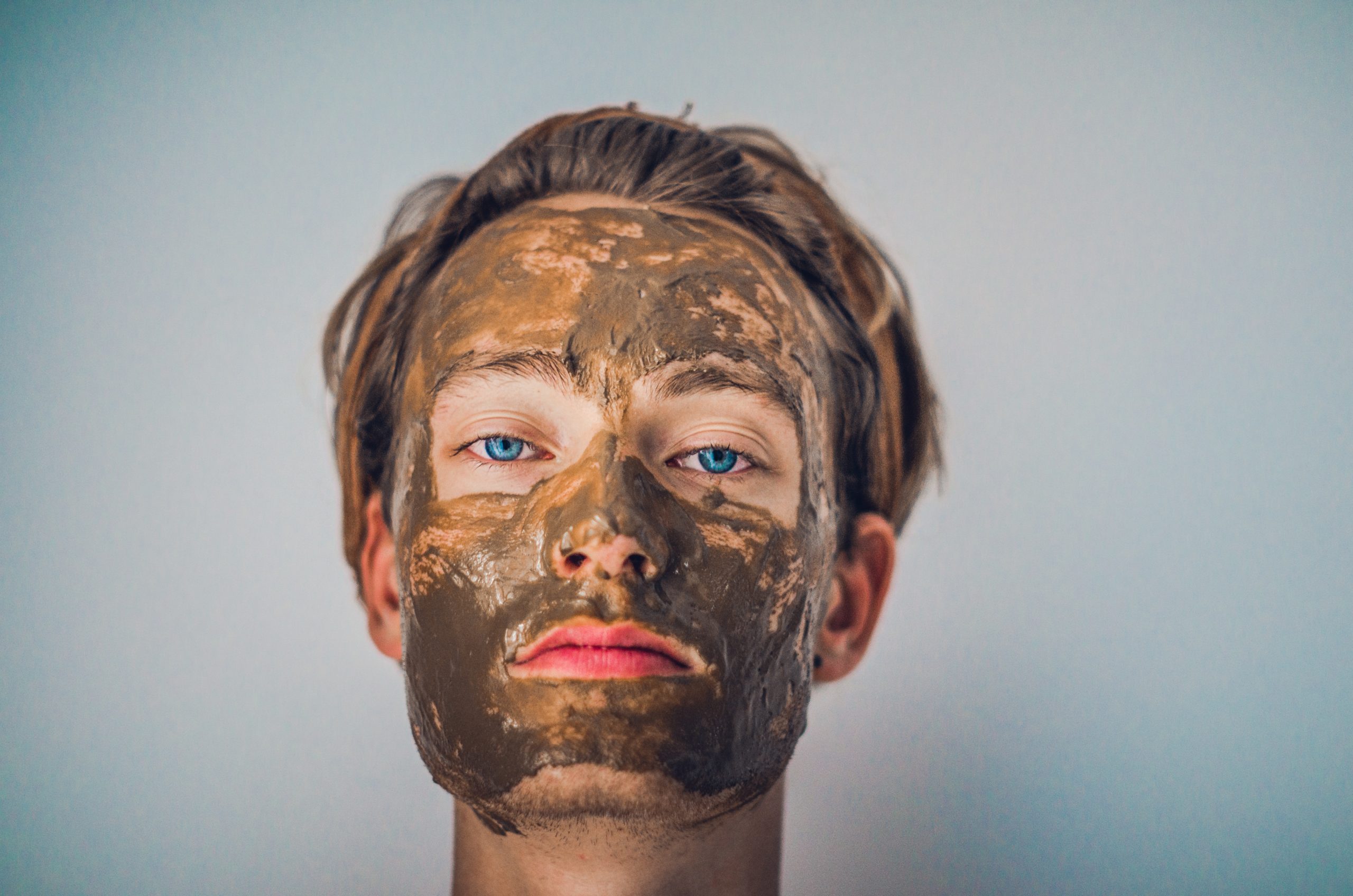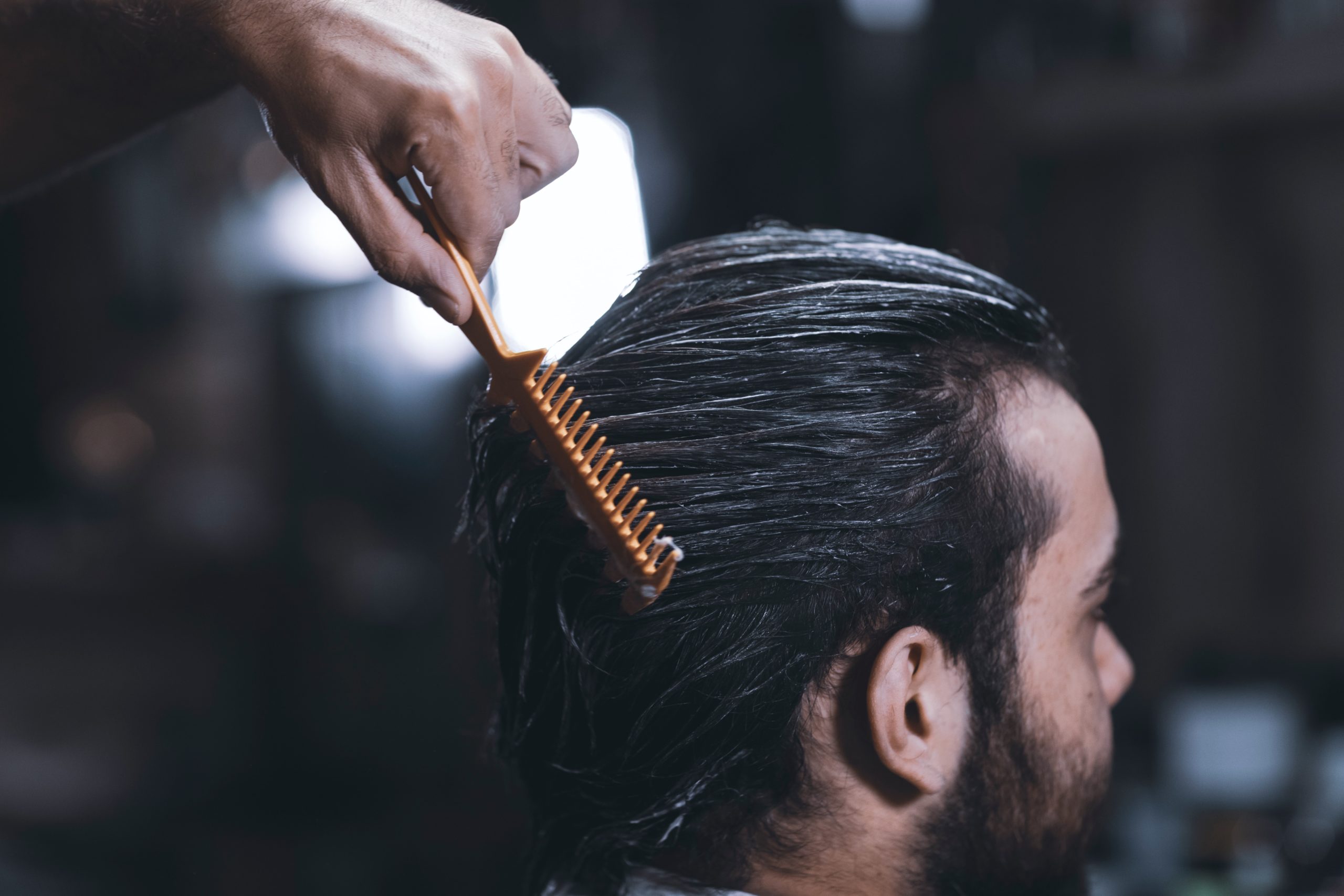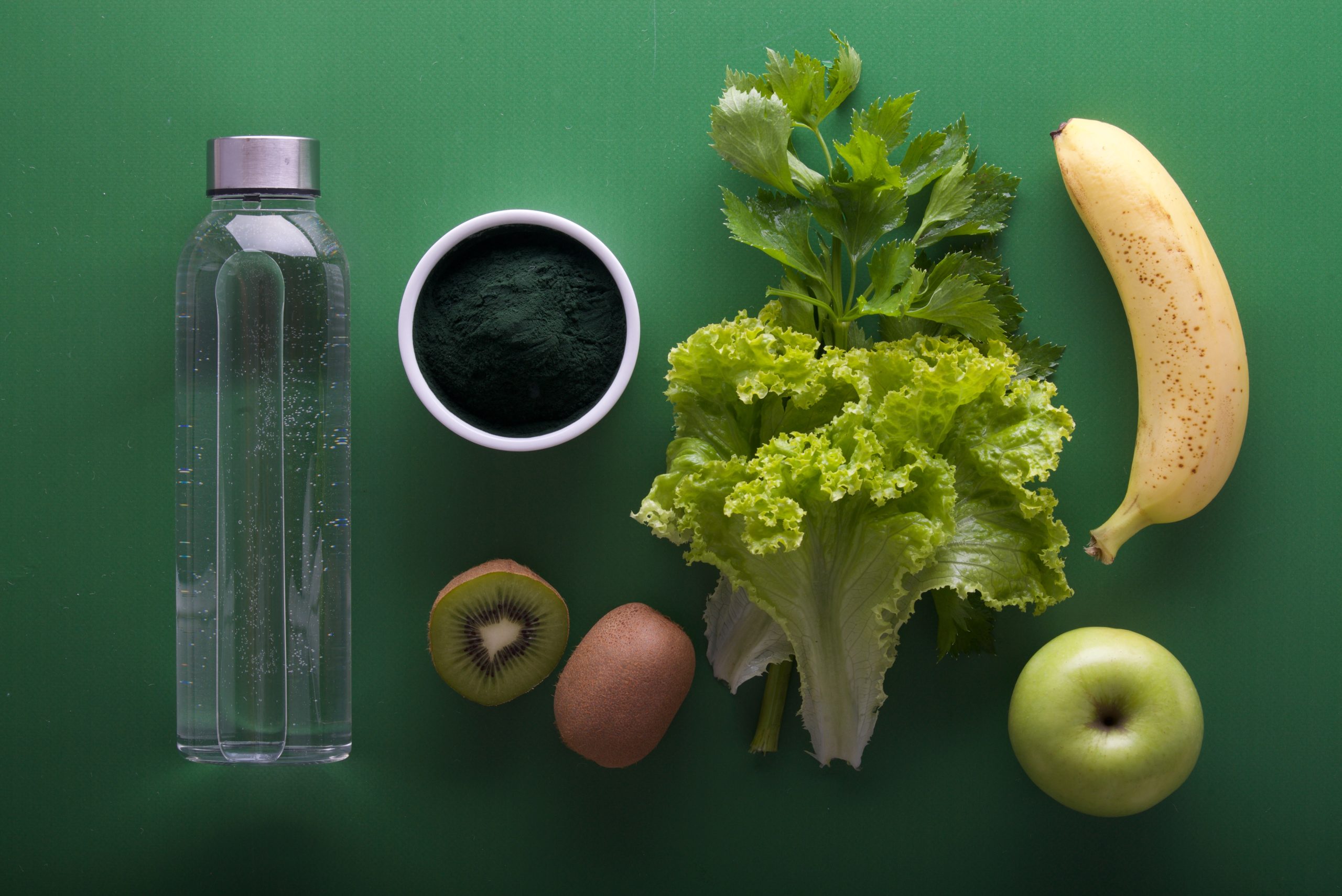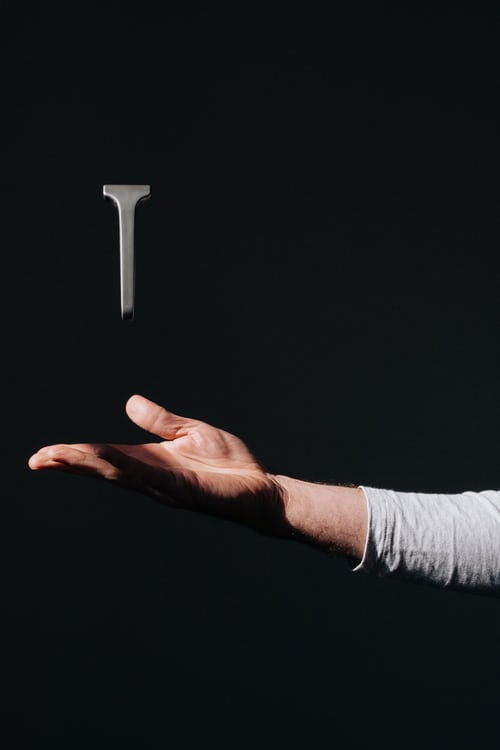We all want to keep our teeth healthy and strong for many years. Dentists are sure that their condition is influenced not so much by the paste as by the diet. Let us tell you how conventional foods can affect dental health. And what to eat to avoid tooth decay.
The relationship between nutrition and the state of dental tissue was identified at the beginning of the last century. The first to study this was a US dentist named Weston Price in the twenties and thirties. He traveled a lot and in every country paid attention to the health of the indigenous population. He was especially interested in regions practically untouched by civilization. It was there that he noticed an interesting pattern.
The inhabitants of the indigenous tribes had healthier teeth than the civilized population. Almost everyone who enjoyed the benefits of civilization, up to 53% of the teeth were affected by caries. And wisdom teeth very often grew incorrectly, causing deformation of the structure of the face. Also, people who ate our usual, “civilized” food, were sick much more often. Those who ate a more traditional diet of only natural, unprocessed foods did not have these problems.
Price realized that dental problems can be caused precisely by nutrition: white bread, sugar, all kinds of canned food and vegetable oils. And simple food, like fish, meat, milk, vegetables, on the contrary, has a good effect on the body. After all, it contains more useful trace elements.
To verify this, the dentist conducted a series of experiments. He suggested that people with progressive caries review their menu. Add more food rich in minerals and fat-soluble vitamins to it. As it turns out, it does help stop the decay of dental tissue. The most effective foods were yellow butter, fish roe, and cod liver. According to doctors, they contain a certain substance similar in composition to vitamin D. It promotes excellent absorption of essential minerals. And this is exactly what is lacking in the diet of a modern person.
Dr. Price also recommended using whole grain sourdough bread instead of white bread. Our contemporaries agree with this. According to modern research, grains contain anti-nutrients that interfere with the absorption of minerals.
Recommended food
Based on the work of Weston Price and new scientific evidence, dentists have compiled a list of the most harmful and beneficial foods for teeth.
What is harmful for tooth enamel:
Sugar
In almost all its forms, both glucose and fructose. Foods with a high sugar content have an increased glycemic index. They are the main cause of tooth decay. When blood glucose levels rise, the body draws calcium from teeth and bones. This disrupts the balance of calcium and phosphorus, which should normally be 2.5 to 1. Bacteria are more active in attacking the teeth and provoking caries. With a normal balance of minerals, teeth are reliably protected from these bacteria.
Most modern foods contain sugar. Therefore, you need to strictly control its amount in the daily menu. Ideally, keep sweets to a minimum, leaving only fruit. They are best eaten for dessert, after a meal rich in protein and fat.
Phytic acid
This acid and other antinutrients are found in unfermented whole grains, including cereals and bran. Substances interfere with the body’s ability to absorb minerals. According to experts, both baking lovers and those who cannot live without oatmeal are at the same risk.
Substances required for strong teeth:
CalciumSources of calcium are milk products, bony fish, jellied meat. It is the most important element for the teeth. Most people get enough calcium without problems. But in order for it to be fully assimilated, you need to receive other substances as well.
Phosphorus
To improve its balance, it is worth consuming fish, eggs and dairy products. The human body contains a lot of this mineral. And 85% of its reserves are in bones and teeth.
Vitamin A
To replenish the balance of this element, you need to eat fish oil, as well as liver and hard cheeses. Thanks to vitamin A, osteocalcin is produced. It is through this protein that the body can store calcium reserves.
Vitamin D
The main source of this trace element is fish oil. It is also abundant in eggs and lard. Without vitamin D, calcium and phosphorus are poorly absorbed.
Proper hygiene
Dr. Weston Price was also surprised that members of the indigenous communities almost never brushed their teeth. But today we can hardly provide ourselves with such a natural diet that we are not at all afraid of dental caries. After all, its cause is bacteria that constantly actively multiply in the oral cavity. Plaque also accumulates there. When it hardens, tartar appears. It can only be removed by professional cleaning at the dentist. And the smell from the mouth.
Proper hygiene
Dr. Weston Price was also surprised that members of the indigenous communities almost never brushed their teeth. But today we can hardly provide ourselves with such a natural diet that we are not at all afraid of dental caries. After all, its cause is bacteria that constantly actively multiply in the oral cavity. Plaque also accumulates there. When it hardens, tartar appears. It can only be removed by professional cleaning at the dentist. And nobody canceled the smell from the mouth.
To be sure to avoid all these problems, it is important to maintain good dental hygiene. First of all, you need to buy a good brush. Moderately tough, but not too hard, with a comfortable handle and a bristle arrangement so that it can reach the farthest teeth. The brush should be used regularly, at least twice a day.
Many people devote a minimum of time to this hygienic procedure. They squeeze out more paste, chaotically drive it over the teeth for a few seconds and that’s it. It’s wrong to do that. This cleaning will leave most of the plaque and food particles in your mouth. To really remove dirt from the surface of each tooth, you need to brush them for a couple of minutes.
It is better to move in order, from left to right or vice versa. At each site you need to linger a little. The outer inner sides of the teeth should be cleaned correctly not with horizontal but with vertical movements. It is necessary to brush well in the direction from the gum and front and back. And the chewing surfaces are cleaned by moving horizontally to thoroughly clean the groove.
It is not necessary to squeeze out a lot of toothpaste, a small “pea” is enough. To prevent bacteria from growing on your toothbrush, it is best to keep it dry. Therefore, after each brushing, it is advisable to shake off moisture from the bristles.
It is also very important to rinse your mouth well and use dental floss to get the smallest food particles out of hard-to-reach places. It is best to brush your teeth after every meal if possible.
If you follow these recommendations, caries will not bother you often.
